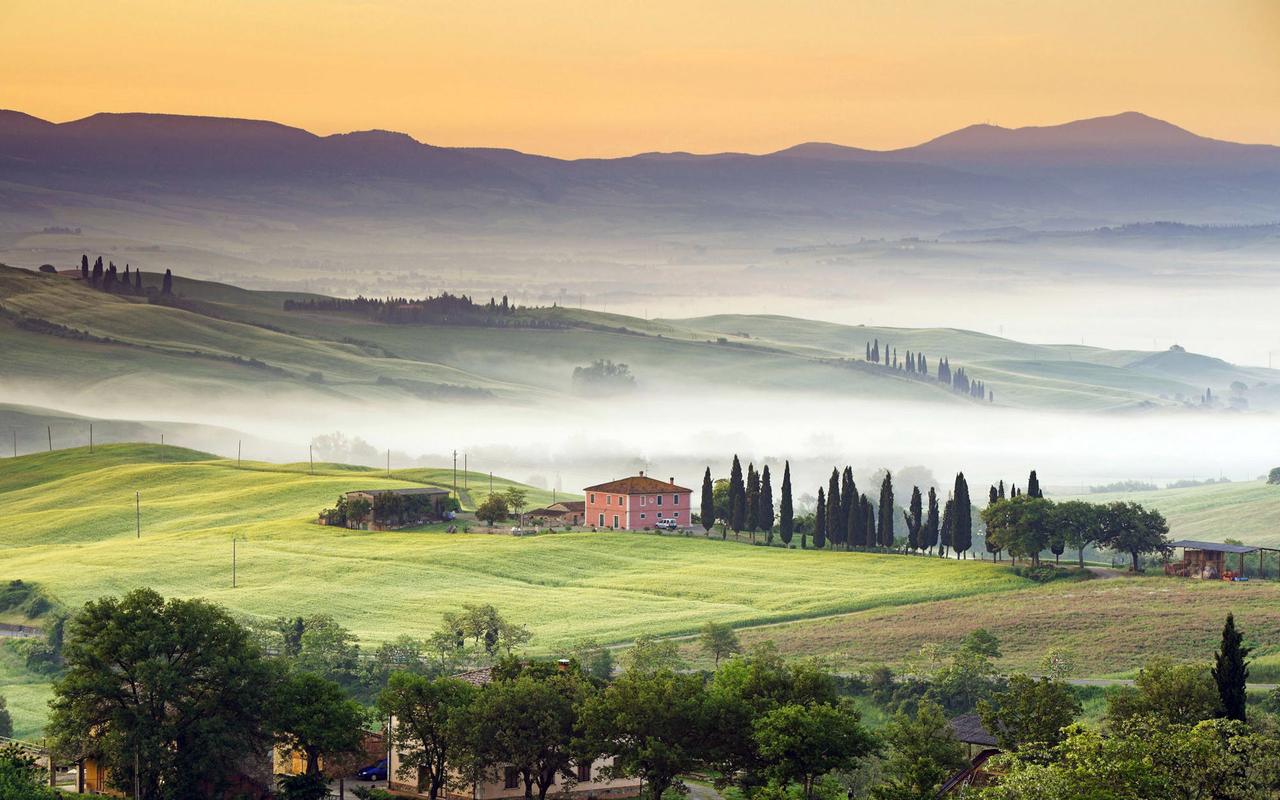Exploring the Holocaust: Fascinating Information You May Not Know
When we think of the Holocaust, our minds often go to the most horrific aspects of this dark period of human history. But there is so much more to discover and learn about this time, including stories of hope, resistance, and resilience. In this article, we will explore fascinating information you may not know about the Holocaust, shedding light on some lesser-known aspects of one of the most tragic events in modern history.
The Origins of the Word “Holocaust”
The word “Holocaust” derives from the ancient Greek word “holokauston,” which means “a completely burnt sacrificial offering.” It was used to describe the Nazis’ genocide of the Jews during World War II and has since become synonymous with this horrific event. Interestingly, the word was not widely used until the 1960s, when it became more commonly recognized through the work of Holocaust survivor and author Elie Wiesel.
The Scale of the Holocaust
The Holocaust was a genocide that took place between 1933 and 1945 during World War II, and is estimated to have resulted in the deaths of six million Jews, as well as millions of others, including Romani people, people with disabilities, homosexuals, and political dissidents. Those persecuted and killed by the Nazis came from all areas of Europe and crossed all social, economic, and geographic boundaries.
The Heroes of the Holocaust
While much attention is placed on the perpetrators of the Holocaust, it is equally important to recognize the courageous individuals who risked their own lives to save others. These heroes came from all walks of life and backgrounds, and their acts of kindness and bravery gave hope to those caught in the horrors of the Holocaust. Among them were diplomats who issued visas and forged passports to aid those seeking refuge, resistance fighters who sabotaged Nazi operations, and everyday people who hid Jewish families in their homes.
Art and Literature from the Holocaust
Despite the atrocities of the Holocaust, many Jewish artists and writers produced powerful works that continue to impact audiences today. Art served as a means of resistance and expression, and many artists risked their lives to create and preserve their works. The literature of the Holocaust, such as Anne Frank’s diary, has also become an enduring testament to the human spirit and the importance of hope, even in the darkest of times.
The Aftermath and Legacy of the Holocaust
The impact of the Holocaust extends far beyond the years in which it occurred. The trauma and loss experienced by survivors and their families have had profound and lasting effects, and the memory of the Holocaust continues to shape our collective consciousness and understanding of human history. The Holocaust also led to the establishment of international laws and organizations aimed at preventing genocide and crimes against humanity, making it a turning point in the fight for human rights.
Conclusion
The Holocaust is a complex and deeply tragic event that has shaped our understanding of humanity’s capacity for evil and our ongoing struggle for a more just and compassionate world. By exploring lesser-known aspects of this history, we can gain a more nuanced and understanding of the Holocaust, and the lessons it holds for us today.
(Note: Do you have knowledge or insights to share? Unlock new opportunities and expand your reach by joining our authors team. Click Registration to join us and share your expertise with our readers.)
Speech tips:
Please note that any statements involving politics will not be approved.
